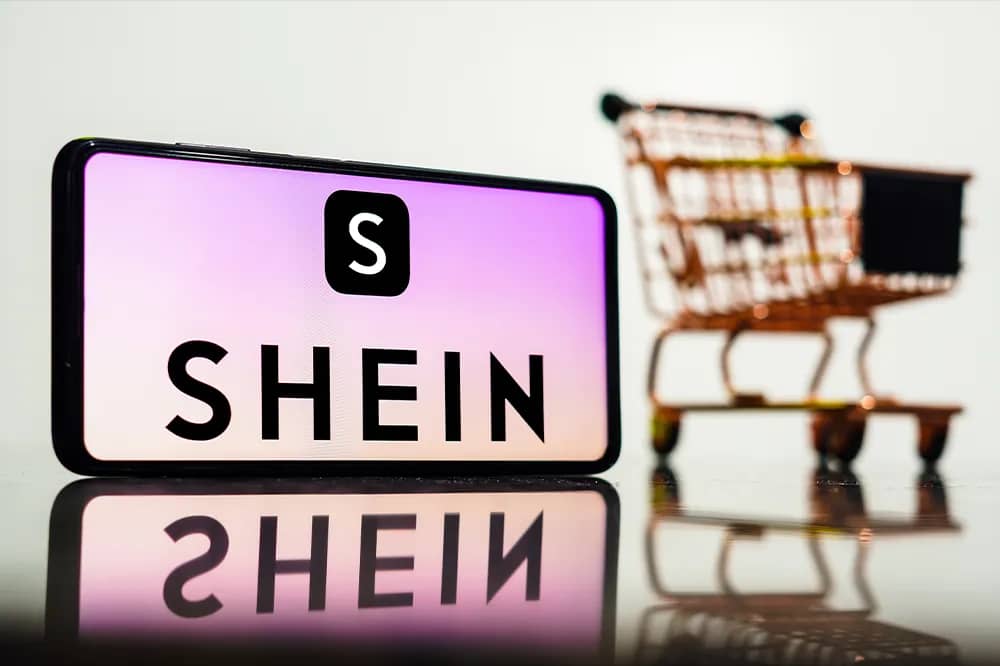Chantelle Bongubukhosi Ncube
In the digital age, online shopping has become the norm for many, but in Zimbabwe, where access to global e-commerce platforms like Amazon is limited, a unique solution has emerged.
The rise of Shein Runners has revolutionized how Zimbabweans access international online stores like Shein, Takealot, and Mr. Price.
These runners act as middlemen, enabling individuals to browse online, select their desired items, and have them delivered—all without the hassle of meeting high minimum purchase thresholds or handling international transactions directly.
The Role of Shein Runners in Zimbabwe’s E-commerce
For many Zimbabweans, buying directly from online stores like Shein is challenging. One significant barrier is the minimum purchase requirement; Shein, for instance, often demands a minimum spend of ZAR1000 (approximately USD 53) to qualify for international shipping. This high threshold is unattainable for many, particularly those only wanting a few items.
Enter Shein runners, who have ingeniously bypassed this requirement.
A typical Shein runner allows customers to shop without needing to meet the store’s minimum purchase. All a shopper needs to do is browse the online store, take screenshots of the desired items, send them to the runner, and make a payment. The runner then takes care of the ordering, shipping, and customs clearance. The customer only has to wait for their items to arrive, sometimes paying a small additional fee for this convenience.
The Popularity of Shein Runners in Bulawayo
Bulawayo, Zimbabwe’s second-largest city, has seen a growing number of these online shopping facilitators, particularly as more people look to diversify their wardrobes with trendy and affordable clothing from Shein and other global brands. According to a study by ZimTrade, an estimated 65% of urban Zimbabweans prefer shopping online, but logistical challenges have made it difficult to fully embrace platforms like Shein. This gap in the market has been effectively filled by local Shein runners, with an estimated 40% of Bulawayo’s online shoppers using these services.
In an interview with a local Shein runner, Jane Dube explained, “Many people want to buy just one or two items, but Shein’s minimum requirement means they can’t order. We step in to help them get what they need without spending too much. I’ve helped students, professionals, and even parents who just want affordable clothes for their kids.”
Benefits Beyond Convenience
One of the most significant advantages of using Shein runners is affordability. Instead of paying large shipping fees and dealing with customs delays, customers benefit from consolidated orders. Runners often combine multiple orders, which reduces individual costs and ensures quicker delivery times. The delivery process, while still longer than local purchases, is more streamlined with runners familiar with navigating Zimbabwe’s customs regulations. As a result, what might have been a weeks-long wait through direct shipping can be cut down significantly.
Another major benefit is the diversity of items accessible to Zimbabweans. Online stores like Takealot and Mr. Price offer a wide variety of goods, from electronics to fashion, which are often either unavailable or overpriced in local stores. By using Shein runners, consumers can access a wider range of goods at competitive prices, further democratizing online shopping.
The Challenges and Future of E-commerce in Zimbabwe
While Shein runners provide a much-needed service, the e-commerce landscape in Zimbabwe still faces hurdles. Payment systems remain a significant issue, as many international platforms don’t accept local payment methods. Furthermore, Zimbabwe’s volatile currency and fluctuating exchange rates make pricing unpredictable. These challenges, however, have been partially mitigated by runners who accept local forms of payment such as mobile money (EcoCash).
According to Professor Mandla Ndlovu, an economist at the National University of Science and Technology, “The informal e-commerce network in Zimbabwe has grown out of necessity. The high cost of international shipping and restrictions by online platforms has forced Zimbabweans to innovate. Shein runners are a product of this innovation, and they are helping to bridge the gap between global markets and local consumers.”
For many Zimbabweans, especially younger shoppers, Shein runners represent a vital link to the global fashion scene. “I love the clothes from Shein, but I never buy enough to reach R1000,” says Tsitsi, a university student in Bulawayo. “With Shein runners, I don’t have to worry about that. I just send them my screenshots and wait for my clothes.”
This shift has made international shopping more accessible to Zimbabweans who, without these intermediaries, would find it nearly impossible to engage with such platforms.
Zimbabwe’s Shein runners have become the country’s answer to Amazon, providing a critical service to those looking for affordable access to global goods. While logistical and economic challenges remain, the ingenuity of these runners has created an informal yet highly functional system that continues to grow in popularity. As more Zimbabweans embrace online shopping, the role of these runners will only become more integral to the e-commerce landscape.
Zim GBC News©2024


